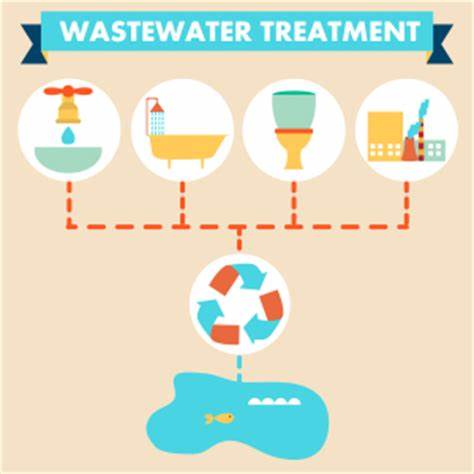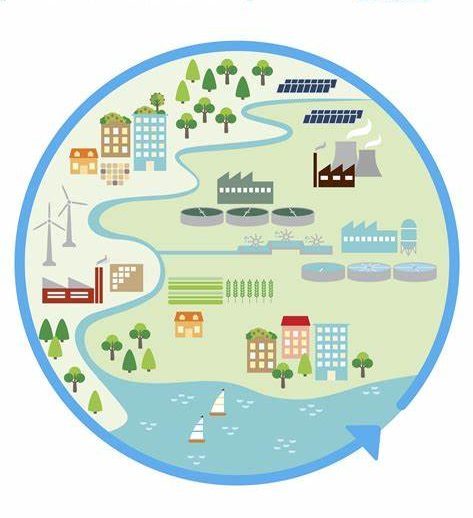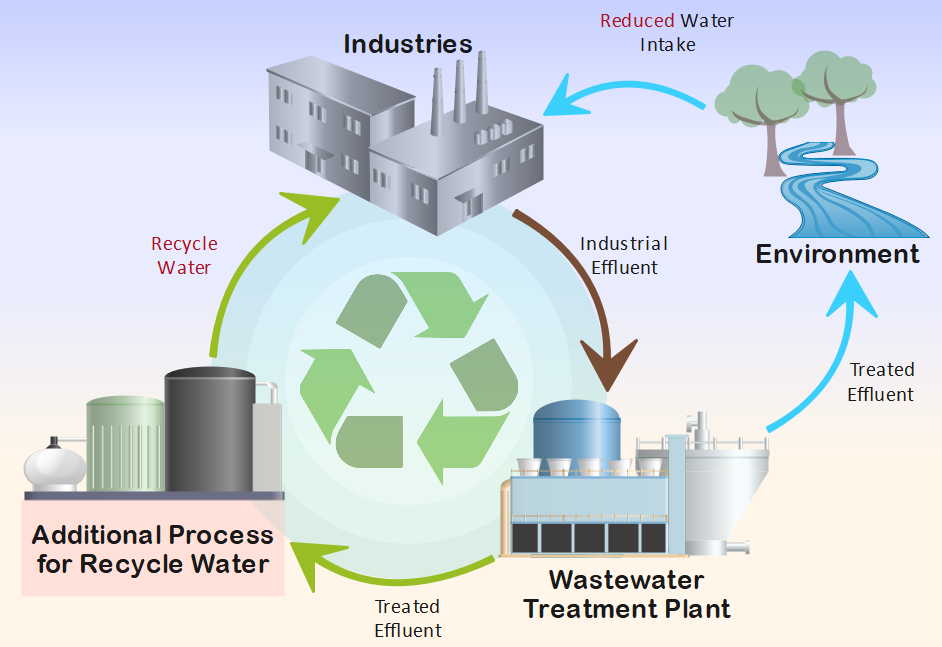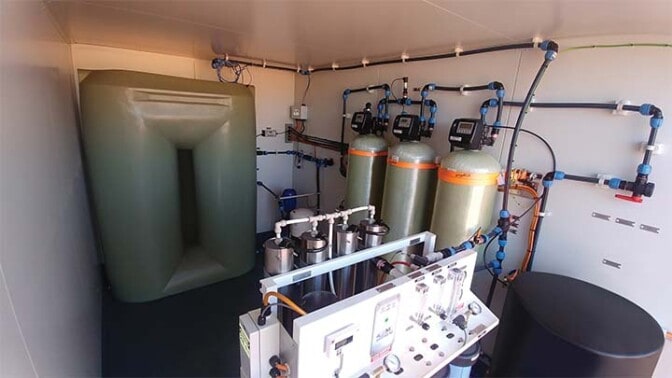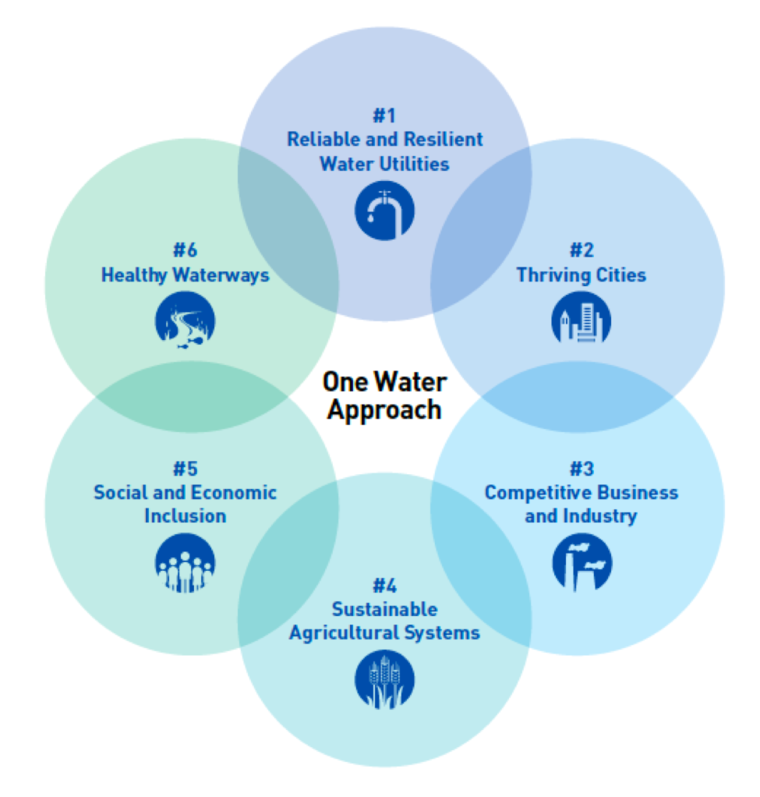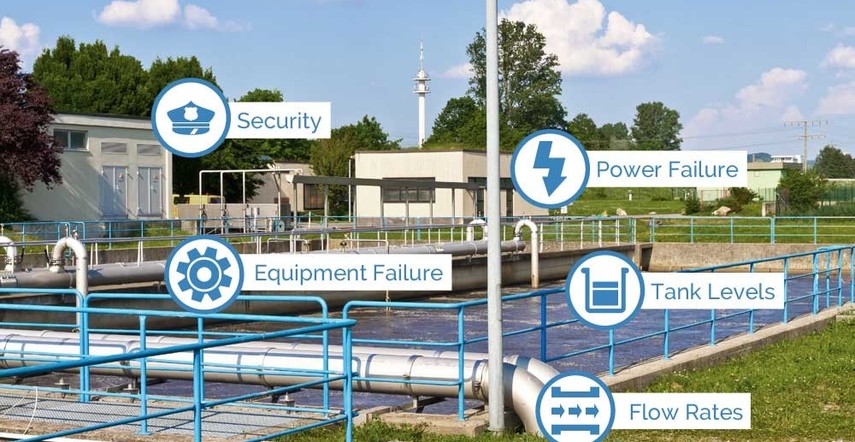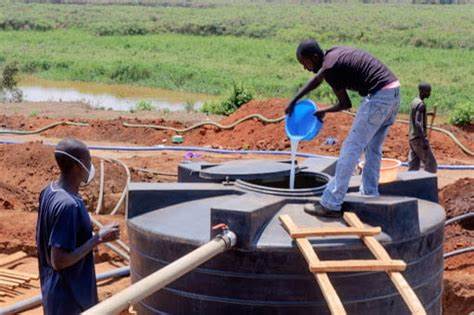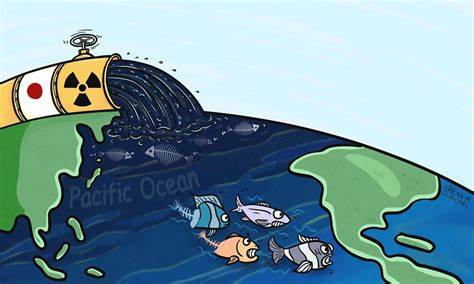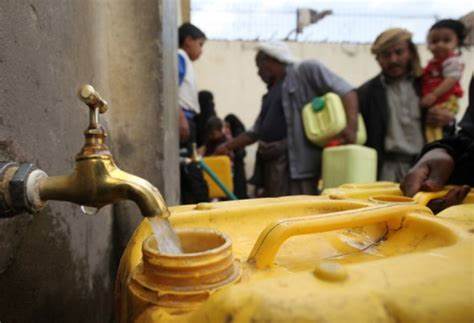Introduction Wastewater treatment and biodiversity conservation are essential components of environmental management that are often addressed separately. However, understanding the interconnectedness of these fields can lead to more effective and sustainable solutions. This article aims to delve into the various dimensions of wastewater treatment and biodiversity conservation, highlighting their relevance and importance in safeguarding ecosystems. Historical Background Throughout history, wastewater treatment practices have evolved in response to increasing population and industrialization. Simultaneously, efforts towards biodiversity conservation emerged as a response to the degradation of natural habitats. Over time, it became evident that wastewater treatment and biodiversity conservation are intimately linked,…
Author: jenks2026
Achieving Social Equity in Wastewater Treatment: A Pathway to Environmental Justice and Public Health Introduction Wastewater treatment plays a crucial role in preserving the environment and safeguarding public health. However, it is essential to address social equity in this context to ensure fair distribution of resources, benefits, and burdens in society. This article explores the historical background of wastewater treatment, the key concepts and definitions related to social equity and environmental justice, and the main discussion points surrounding disparities, environmental and health impacts, and policy barriers. Additionally, case studies, current trends, challenges, and future outlook will be examined, emphasizing the…
International Collaborations in Advancing Wastewater Treatment Introduction Wastewater treatment is a critical aspect of sustainable development, ensuring the protection of public health and the environment. International collaborations play a crucial role in advancing wastewater treatment practices worldwide. With increasing global challenges related to water pollution and scarcity, countries are recognizing the importance of working together to develop innovative solutions. By sharing knowledge, resources, and best practices, international collaborations foster technological advancements, policy reforms, and regulatory improvements in wastewater treatment. Relevance and Importance of the Topic The importance of wastewater treatment cannot be overstated. It is essential for safeguarding public health…
The Role of Startups in Disrupting Wastewater Treatment Introduction The role of startups in disrupting wastewater treatment is of increasing relevance and importance in addressing environmental concerns and improving wastewater treatment processes. With the pressing need for sustainable and efficient solutions, startups are bringing fresh perspectives and innovative technologies to the industry. This article aims to explore the historical background, key concepts, main discussion points, case studies, current trends, challenges, controversies, future outlook, and the significance of startups in disrupting wastewater treatment. Historical Background Wastewater treatment has a long history dating back to ancient civilizations. The need to remove contaminants…
The Role of Wastewater Treatment in Sustainable Urban Development Introduction Wastewater treatment and sustainable urban development play crucial roles in ensuring a healthy environment and quality of life for urban dwellers. This article provides an in-depth overview of the historical background, key concepts, main discussion points, case studies, current trends, challenges, future outlook, and the importance of wastewater treatment and sustainable urban development. Historical Background The evolution of wastewater treatment practices can be traced back to ancient civilizations such as the Indus Valley and Mesopotamia, where early systems were used to manage waste. These practices have since evolved into sophisticated…
Optimized Title: Economic Benefits and Challenges of Wastewater Reuse: Analysis and Insights Introduction Wastewater reuse is a vital practice in addressing water scarcity and promoting environmental sustainability. This article explores the significance of understanding the economics of wastewater reuse in today’s world. Historical Background Throughout history, civilizations have recognized the value of wastewater for irrigation purposes. Over time, wastewater treatment processes and regulations have evolved to meet the increasing water demand. Scarcity of water has led to a shift towards wastewater reuse as a sustainable solution. Key Concepts and Definitions Understanding the processes and technologies involved in wastewater treatment is…
Balancing Economic Growth with Environmental Responsibility in Wastewater Treatment Introduction Wastewater treatment plays a crucial role in maintaining environmental health and ensuring sustainable economic growth. As industries expand and urban populations increase, finding a balance between economic development and environmental responsibility in wastewater treatment becomes essential. This article explores the topic, highlighting its relevance and significance in today’s world. Historical Background The evolution of wastewater treatment practices dates back centuries. Early civilizations recognized the need to dispose of wastewater properly to prevent the spread of diseases. However, it was not until the industrial revolution that wastewater treatment became more sophisticated.…
Introduction Wastewater treatment in remote and off-grid areas poses unique challenges due to limited infrastructure and resources. This article explores the relevance and importance of providing wastewater treatment in these areas, while highlighting the specific challenges faced. Historical Background Wastewater treatment methods have evolved over time to address the growing need for sanitation. This section provides a brief history of wastewater treatment and discusses the advancements made in remote and off-grid areas. Key Concepts and Definitions Understanding the components of wastewater and the concept of remote and off-grid areas is crucial to comprehending the importance of wastewater treatment. This section…
The Art of Problem-Solving in Wastewater Treatment Introduction Wastewater treatment is a vital process that plays a crucial role in ensuring the health and well-being of communities. The art of problem-solving in wastewater treatment involves applying creative and innovative strategies to address the challenges and complexities of this field. This article will explore the historical background, key concepts, and main discussion points related to problem-solving in wastewater treatment. Historical Background Wastewater treatment has evolved significantly over time. In the early days, it primarily focused on removing visible solids from wastewater before disposal. However, as understanding of the environmental and health…
Reducing Carbon Footprint in Wastewater Treatment: Exploring Sustainable Solutions Introduction: In recent years, the topic of reducing carbon footprint in wastewater treatment has gained increasing importance. As the world grapples with the effects of climate change, finding ways to minimize our impact on the environment has become crucial. This article aims to delve into the significance of reducing carbon footprint in wastewater treatment, exploring its relevance, importance, and why it is worth further exploration. Historical Background Wastewater treatment has a rich history dating back to ancient civilizations, where basic methods were employed to remove impurities from water. However, the focus…
Introduction The article entitled “The Psychology of Behavior Change in Wastewater Conservation” explores the factors influencing individual and collective behaviors in water conservation. Its goal is to provide a comprehensive understanding of behavior change in the context of wastewater conservation and highlight its potential impact on water conservation efforts. Historical Background Water conservation efforts have a rich history intertwined with psychology. Over time, significant milestones and events have contributed to our understanding of behavior change in wastewater conservation. These historical developments have paved the way for further exploration of strategies to promote sustainable water usage. Key Concepts and Definitions Behavior…
The Circular Water Economy: Wastewater as a Resource Introduction The concept of the circular water economy plays a crucial role in sustainable water management. It emphasizes the importance of viewing wastewater not as a waste product but as a valuable resource. The topic of the circular water economy and wastewater as a resource is highly relevant in addressing global water scarcity and environmental challenges. Historical Background Throughout history, wastewater management has evolved significantly. Initially, the traditional approach focused on the treatment and disposal of wastewater without considering its potential as a resource. However, there has been a shift towards recognizing…
Wastewater Treatment and Water Diplomacy in Transboundary Regions Introduction Effective wastewater treatment and water diplomacy are crucial in transboundary regions for the management of water resources. These regions face unique challenges due to shared water sources, which require cooperation and collaboration among different countries. This article aims to provide a comprehensive exploration of the historical background, key concepts, main discussion points, case studies, current trends, challenges, and future outlook of wastewater treatment and water diplomacy in transboundary regions. Historical Background The management of water resources in transboundary regions has always been a complex issue. Throughout history, countries have struggled with…
Introduction Water security is a crucial aspect of sustainable development and public health. Advanced wastewater monitoring plays a vital role in safeguarding the quality and availability of clean and safe water resources. By constantly monitoring and analyzing wastewater, potential pollution incidents can be detected and prevented, ensuring the protection of water sources. This article will highlight the relevance and importance of advanced wastewater monitoring in ensuring water security, as well as discuss the potential benefits and impacts of implementing such monitoring systems. Historical Background Wastewater management and monitoring practices have evolved significantly over time. In the past, basic treatment processes…
Decentralized Water Treatment in Developing Nations: Bridging the Gap for Safe Drinking Water Introduction Water treatment in developing nations is a critical issue that focuses on providing safe drinking water. Understanding the relevance and importance of decentralized water treatment in improving the lives of people in remote communities is essential in the face of growing global water challenges. Historical Background Decentralized water treatment in developing nations has a long history dating back several decades. It emerged as a response to the lack of centralized water treatment infrastructure in these areas. The development of this approach has been shaped by key…
The Ethical Implications of Wastewater Disposal: Exploring Environmental Justice, Sustainability, and Responsibility Introduction In today’s society, the ethical implications of wastewater disposal have become increasingly relevant and important. With the growing concern for environmental sustainability and public health, it is crucial to understand the ethical considerations surrounding this topic. This article aims to delve into the historical background, key concepts, and main discussion points related to wastewater disposal ethics. Historical Background Wastewater disposal practices have a long history, dating back to ancient civilizations. Early societies often disposed of wastewater in nearby water bodies without much consideration for its impact. However,…
Public Awareness in Wastewater Management: Promoting Responsible Practices for Public Health and Environmental Protection Introduction Wastewater management plays a crucial role in ensuring public health and environmental protection. It involves the collection, treatment, and disposal of wastewater to prevent the spread of diseases and minimize negative impacts on ecosystems. However, without public awareness and engagement, wastewater management efforts may fall short. This article explores the importance of public awareness in wastewater management and highlights its role in promoting responsible practices. Historical Background To understand the significance of public awareness in wastewater management, it is important to delve into its historical…
Importance of Diversity and Gender Equality in Wastewater Management Wastewater management plays a crucial role in maintaining public health and environmental sustainability. To effectively address the challenges in this field, it is essential to have diverse leadership that represents different perspectives and experiences. This article explores the importance and relevance of women leaders in wastewater management and highlights the barriers they face in traditionally male-dominated industries. Historical Context of Wastewater Management The history of wastewater management dates back centuries, with civilizations developing various methods to dispose of waste and prevent contamination of water sources. However, women have been largely excluded…
Addressing Waterborne Diseases through Wastewater Treatment Introduction Addressing waterborne diseases through wastewater treatment is crucial for improving public health and environmental sustainability. Effective wastewater treatment prevents the transmission of waterborne diseases, leading to healthier communities and a cleaner environment. Historical Background Wastewater treatment has a rich historical background in relation to addressing waterborne diseases. Milestones and breakthroughs in the field have contributed to the development of effective treatment processes that have revolutionized public health standards. Key Concepts and Definitions To fully understand the significance of wastewater treatment in combating waterborne diseases, it is crucial to define waterborne diseases and their…
Wastewater Treatment in Humanitarian and Disaster Relief Efforts: Safeguarding Public Health and Environmental Sustainability Introduction Wastewater treatment plays a crucial role in humanitarian and disaster relief efforts, ensuring the provision of safe and healthy living conditions for affected populations. In emergency situations, such as natural disasters or conflict zones, proper wastewater treatment becomes even more critical as it helps prevent the spread of waterborne diseases and minimizes the impact on the environment. This article explores the historical background, key concepts, techniques, collaboration among stakeholders, case studies, current trends, challenges, and future outlook of wastewater treatment in humanitarian and disaster relief…




